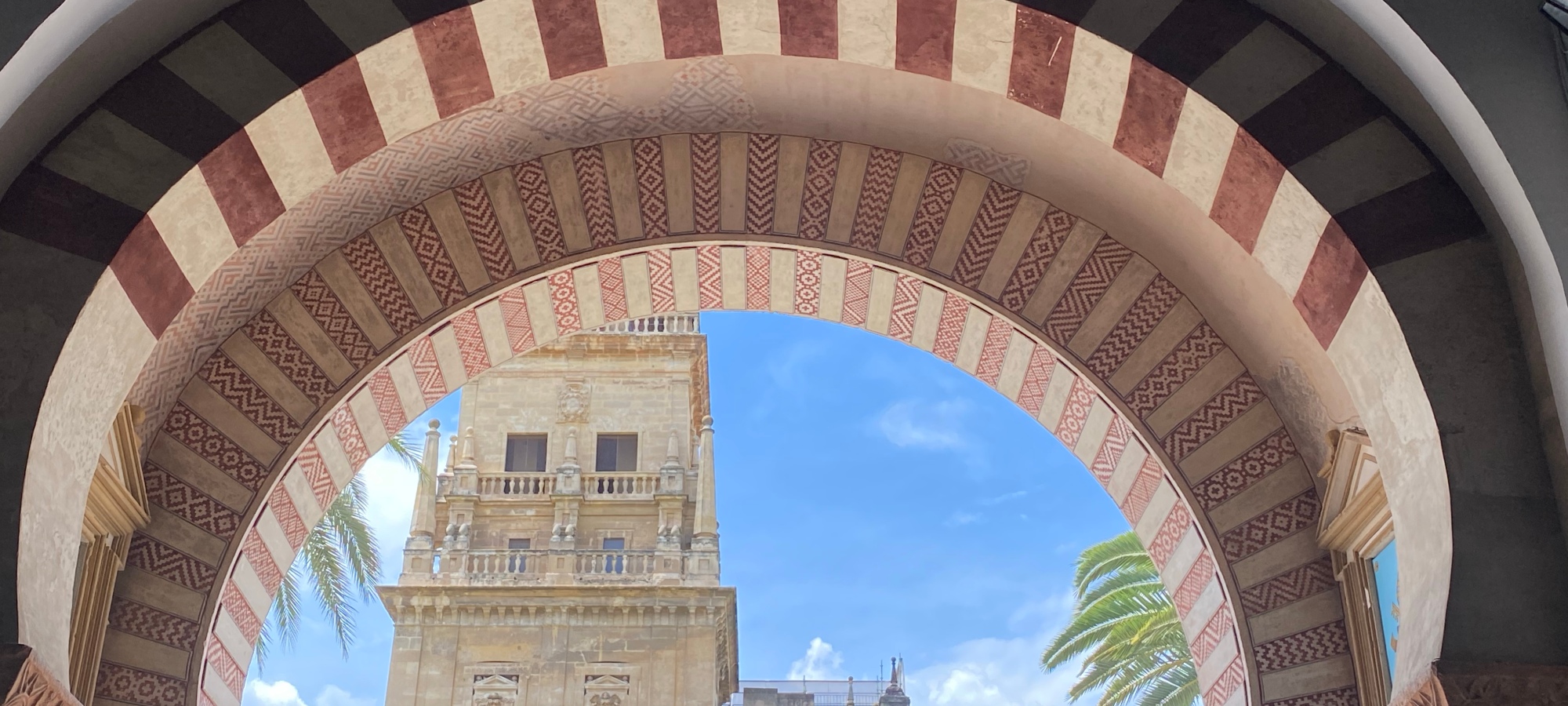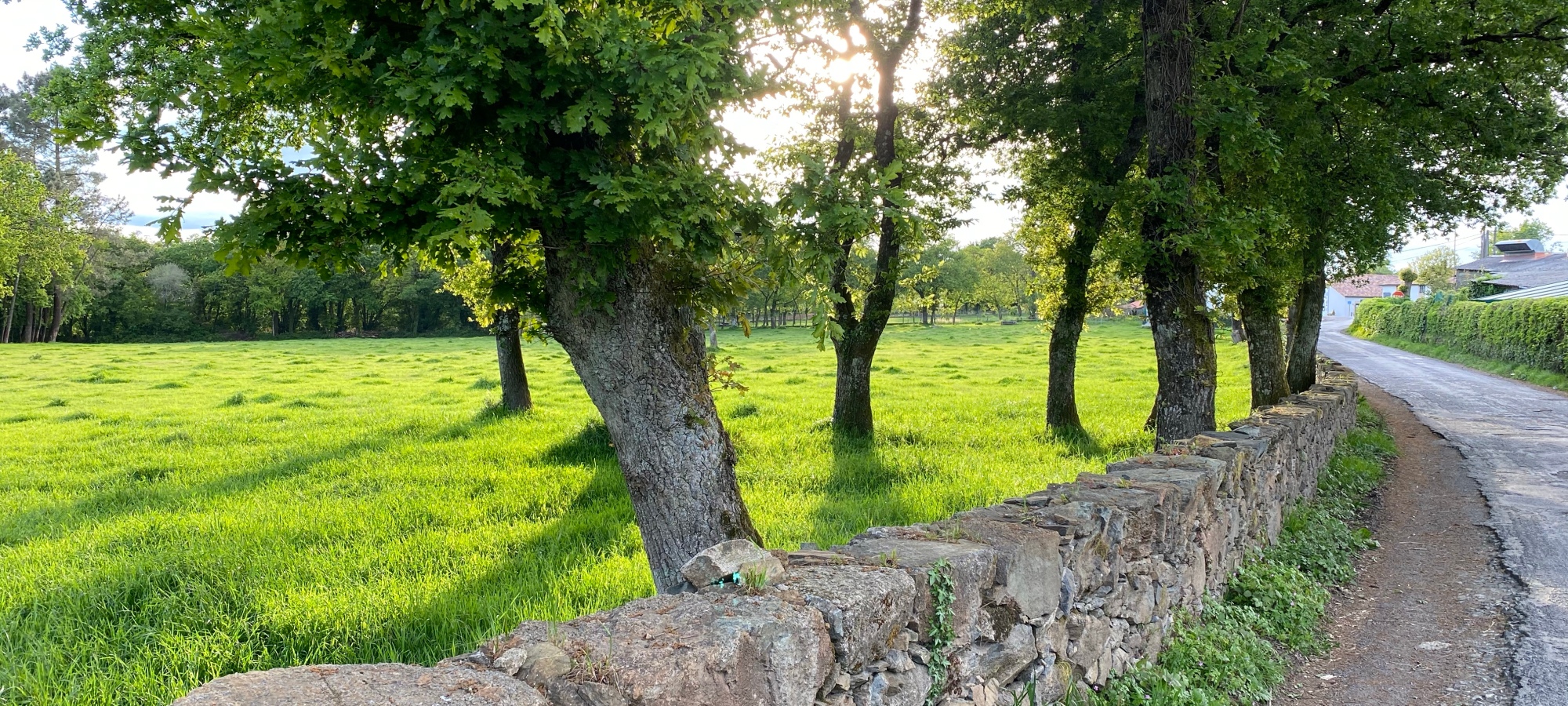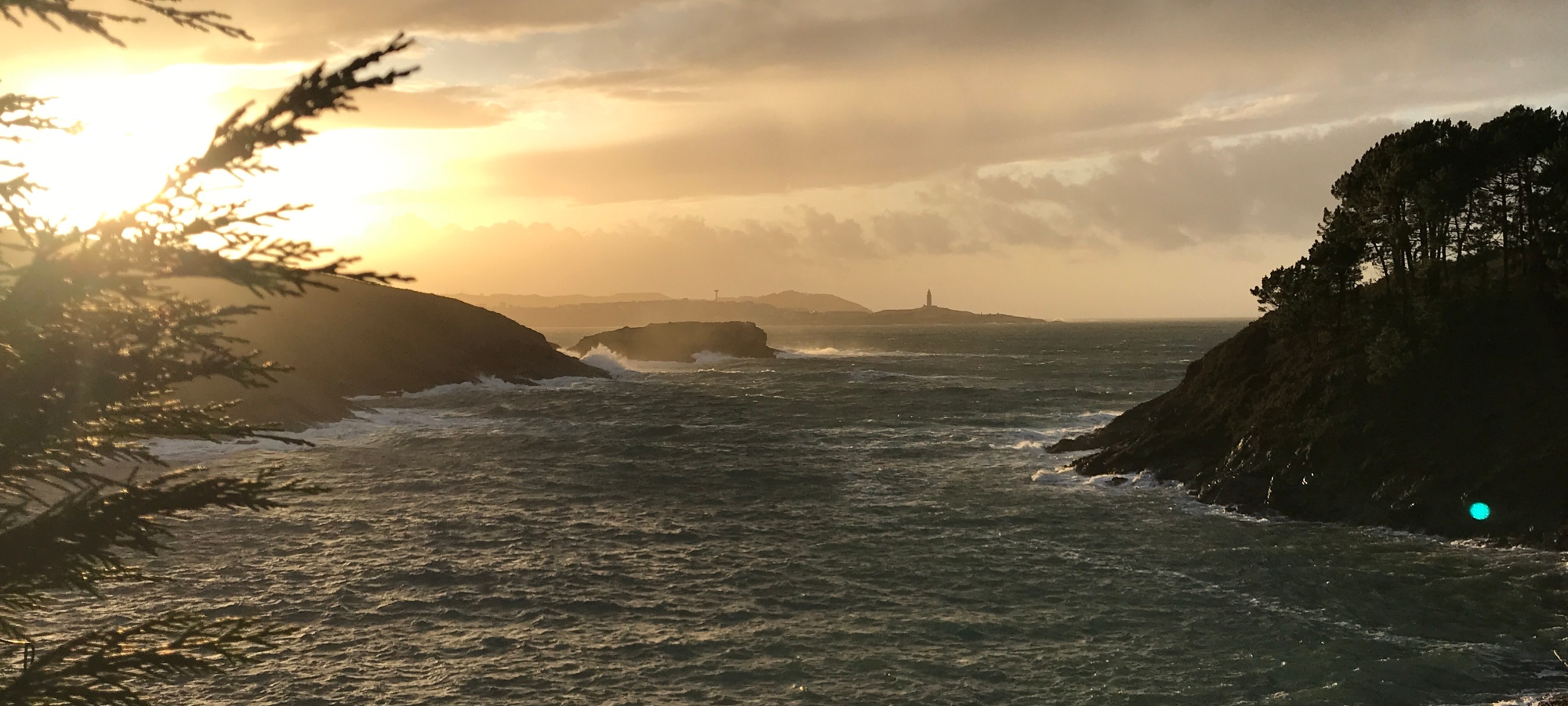Once upon a time... No. I won’t write it like that because this is no fairytale. It’s a true story and it starts more than 85 years ago on the eastern Mediterranean.
In 1939 a little girl named Claire Serhan was born in East Jerusalem. Born to a Catholic family, the day she came into the world Claire landed in a country known as Palestine, even though it had been occupied by the British Army since the end of WWI – two decades before. The League of Nations had carved up the colonies of the former Ottoman Empire and had ‘given’ Palestine to the British. Palestine has been the crossroads of many occupiers but they are a people and a country nonetheless. Claire’s ancestors called Palestine home for thousands of years. That has never been in dispute.
Even amidst the British occupation, Claire and her sisters lived in East Jerusalem with their parents and relatives in peace. All the religions, Jews, Christians and Muslims, lived and worked side by side. Each religion had a history in the country dating back millennia. There was room for all. The family worked and attended school. They raised children and enjoyed the same life their grandparents and great grandparents had before them. And then, it all changed.
Between WWI and WWII, the British allowed nearly a million Jewish refugees to enter Palestine. And after WWII, the British withdrew from Palestine and TransJordan (modern-day Jordan). In 1948, with the withdrawal of the British, war broke out in Palestine and the modern state of Israel was born. This resulted in nearly a million Palestinians being ejected from their own country. Little Claire and her family were among them, taking what they could carry on their trek north to Lebanon.
Not Welcome Home
Now, Claire and her family were lucky. They had some relatives living in Beirut. Instead of landing in one of the Palestinian refugee camps set up on the outskirts of the most cosmopolitan city in the Middle East, the family was taken into homes to live in the city. Lebanon, like it’s neighbor, Palestine, had been turned into a European colony after WWI. And they had just won their freedom from France in 1943 – now under self governance – when Claire and her family, and hundreds of thousands of Palestinians arrived on their doorstep.
At first, the Palestinians assumed that they would be allowed to return to their ancestral homes and land in Palestine. But, as the years ticked by more and more of their property was taken by the Israeli government. Palestinian ancestral homes and farms were stolen from them and given to the new settlers arriving from Europe. The rights of Palestinians in Israel were stripped from them and they lived under military occupation. The Palestinian refugees would not be allowed to return. Claire’s family never saw their homes again, still they yearned for their life in East Jerusalem. But they were not allowed back and were forced to assimilate as much as possible in Lebanon. Of course, we all know obtaining citizenship and a passport in another country doesn’t mean that its people view you as a native. And Claire’s family was no different. Discrimination against Palestinians was rampant. While the Serhan’s were incredibly lucky, most Palestinian refugees remained state-less – some even until today – and without a passport or ability to travel they were stripped of their humanity as if they don’t exist. Claire and her sisters would always be Palestinian in the eyes of their neighbors in Beirut and the entire world.
Growing up, Claire attended Catholic school and was fluent in Arabic, French, and English. She could speak some Italian, as well. And she grew up, eventually meeting Sami Khouri, another Palestinian refugee from Haifa, Palestine – now part of Israel. They married and soon had two boys, Joseph and Hani. Their life in Beirut was good. While not their home, they were safe and so were their boys. Claire worked for a French company and her husband ran a spare parts business. But that would all end when their children were still in elementary school.
War seemed to follow Claire and her family, and the Palestinians wherever they went. In 1975 a civil war broke out in Lebanon that would go on for nearly two decades. The Christian falangists were tired of power sharing the Lebanese government with Muslims. And, they were tired of the Palestinian refugees who were living in their country. They had a scapegoat in the Palestinians to rally the falangist troops. Lebanon was soon torn apart, and so was Claire and Sami’s family. Beirut, the jewel of the Middle East, became a war zone, and the once thriving Lebanese economy was bombed into oblivion along with the rest of the country. Horrible, heartbreaking decisions had to be made to keep the family with a roof over their heads. Sami would take a job in the then backwater of Dubai, where visa-less Claire and their children were unable to join him. He would send money home to war-torn Beirut so they could eat.
The war raged on. Their children were shot at by snipers on the way to and from school. Some of their school friends – just small children – were killed in the street while playing. Survival was a random roll of the dice. Bombs rained down on them from all sides. One day, Claire gathered her children under the kitchen table during a particularly brutal bombing campaign that shook their apartment in East Beirut. The trauma was such that afterward Claire couldn’t speak for days. Her family helped with the boys as her husband pulled every string he had in Dubai to get she and the children visas to join him in relative safety.
Yet Another Country
Now they were Palestinians living in Dubai. Still, not their country – neither Palestine nor Lebanon. Often, they were looked down upon or discriminated against. Yes, they had Lebanese passports, but Lebanon was at war, too. Palestinians were war refugees, but now, so were the Lebanese. Employers in other countries exploited the labor. They took advantage of the desperate.
Nearly a decade passed and soon Claire and Sami sent their boys to University in the US. Visiting them when they could for holidays and brief school breaks. It was difficult, and then one of her son’s informed them he married an American girl, and Claire’s heart was broken, yet again. She came to check out that girl, barely acknowledging when the silly American uttered a word, baffled at her 1980s fashion choices. Their relationship remained an icy detente until Claire insisted her son’s wife learn to cook real food. Healthy food to feed him when Claire was back in Dubai. Over bread baking, meat grinding, and copious amounts of Turkish coffee and cigarettes, Claire’s story came tumbling out, unfolding like a piece of khubiz (pita bread) as the American girl sat quietly in rapt attention, and tears fell down Claire’s cheeks. What Claire had lived through and the internalized trauma she continued to carry wasn’t anything the girl could related to, but she could feel the weight of the pain and grief inside her mother-in-law. The repeated loss. The feeling that she would never belong anywhere. And the survivors guilt Claire carried when she watched Palestine and Lebanon in the news, and the plight of her people at the hands of the Israelis. There were times Claire would have to lay down in the dark quiet bedroom after watching a story on CNN, knowing the world had abandoned her and all of the Palestinian people.
Years passed. Her American daughter-in-law was no longer her American daughter-in-law. But the families remained close. Her youngest son remarried and opened a couple of restaurants. He bought apartment buildings and constructed his own American Dream. By then, Claire and Sami were living in a house he purchased for them in the US. And the family was together again. Safe, or so they thought. But, in 2001 9/11 happened, and suddenly, the nightmare was at their door, once again.
Americans began looking for people to blame for 9/11, and they found anyone who had a ‘Middle Eastern’ sounding name to be the enemy. And Claire’s youngest son’s business had ‘Middle Eastern Cuisine’ right in the title. The death threats started first. Then, the rocks through the windows, even though they were all passport carrying Americans by then. It was just like when they went from Palestine to Lebanon. And from Lebanon to Dubai. No one had to tell them that a passport doesn’t make you a real citizen according to the natives. The citizens of the American Melting Pot wanted to close the door behind them. Claire’s suffering continued as she watched her son sleep in the restaurant, ready to put out any fires if someone tried to burn it to the ground in the middle of the night. Fearing someone might shoot him.
A Never Ending Nightmare
Still that silly American ex-daughter-in-law, I think of Claire and her story a lot these days. Of her and her sister, Haifa – one of the kindest, gentlest people I have ever met – and her generous husband, Lutfi. Of Sami, Hani and Joseph. And my Palestinian college friends. I see their faces as I watch the news from Spain. Those desperately trying to survive in Gaza. The descendants of those who remained after the creation of the State of Israel, and have tried to survive and fight back against their oppressors. I see more Claire-s and Sami-s struggling to protect their children. And the faces of their boys scavenging for food. I know Hani would have risked his life for his parents. Sacrificing everything to see them safe and fed – even as the bombs fell.
I don’t believe this is, or ever has been, a conflict based on religion. Palestinians are Catholics, Muslims and more. Religion is often the tool of the politician or despot, the colonizer, to muddy the waters. To divide. This situation in Gaza is deadly power and politics, plain and simple. A geopolitical chess game, and the Palestinians have been used as pawns, never viewed as human beings for the last 100 years, no matter the occupier. I know this to be true because I know Palestinian people who were there. They lived it from the beginning. They are good people – no matter which god they worship. This is a horrific situation in Gaza and The West Bank, and it must stop. I pray that for once the world will not blink or look away.




